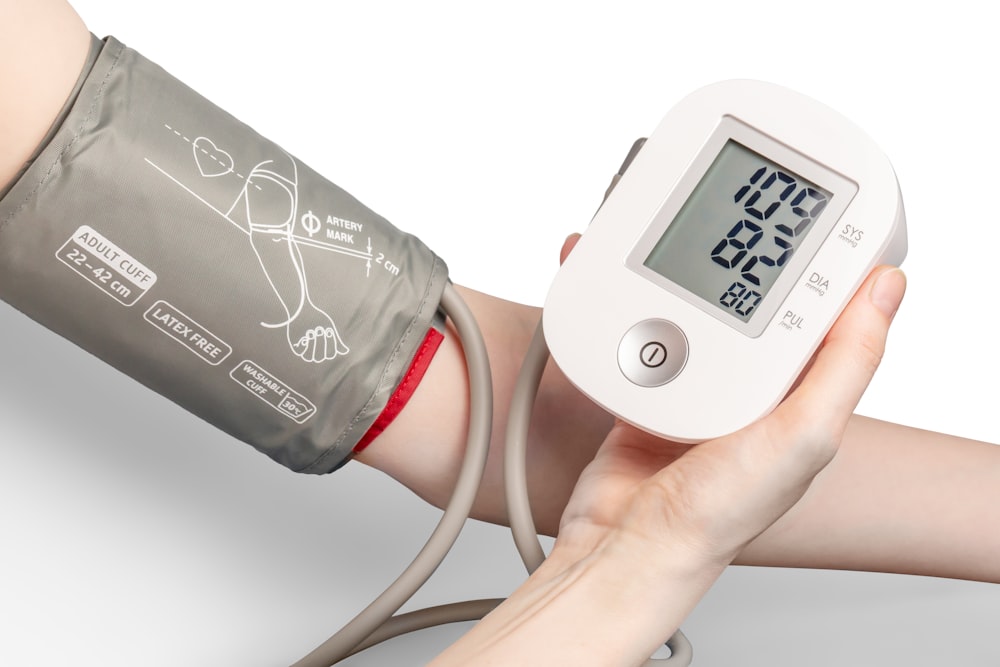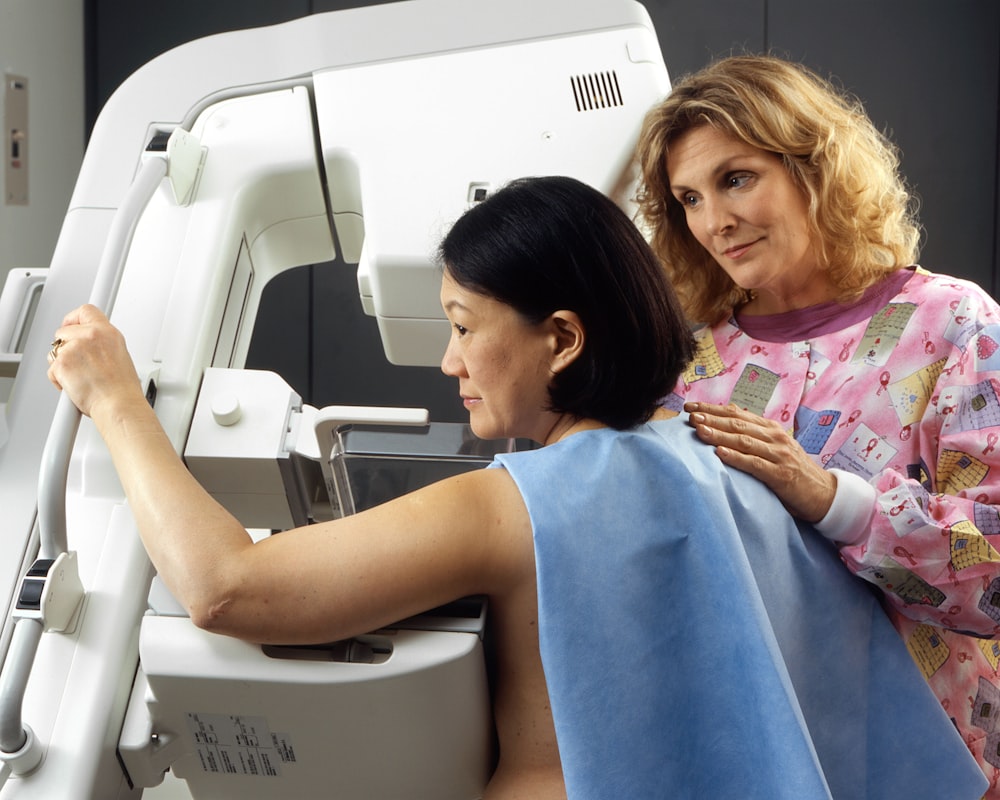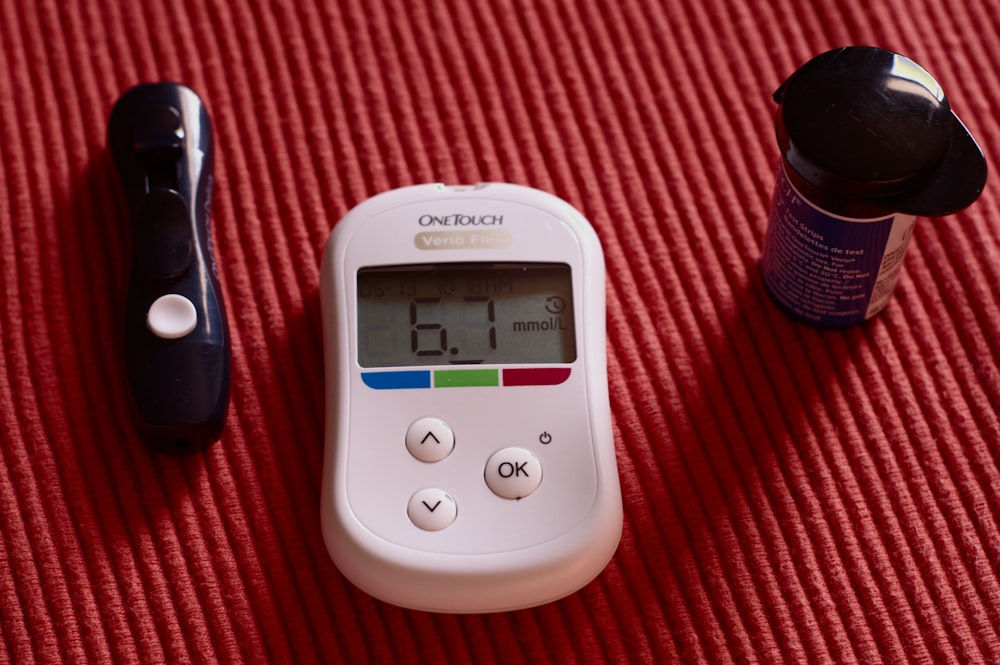The Importance of Women’s Health Check-Ups
March 18, 2024
Health checkups are important for everyone. They are one of the best ways to prevent illness or catch a disease early on. However, women tend not to have regular health checkups. Staying on top of routine health checkups is very important! Read on to learn about all the tests and screens you could be doing to take care of your body the best. 🙂
Blood Pressure Test
High blood pressure, or hypertension, significantly increases the risk of heart disease, stroke, dementia, kidney problems, vision issues and sexual dysfunction. This condition is often called the “silent killer” because it usually shows no obvious symptoms. Blood pressure is measured using a device called a sphygmomanometer, typically in a doctor’s office. This tool included an inflatable cuff, a pressure gauge, and a stethoscope to listen to the blood flow in the upper arm’s major artery. While home blood pressure monitors are available, not all are equally accurate, so consult your doctor for recommendations on reliable brands and guidance on accurate measurements. All adults aged 18 or older without a known hypertension diagnosis should have their blood pressure checked regularly, with frequency based on their blood pressure levels.
Lipid panel
Excess cholesterol, a waxy substance present in all cells, can combine with other substances in your blood to form plaque, elevating the risk of heart disease and stroke. Similar to hypertension, high cholesterol often goes unnoticed due to a lack of apparent symptoms.
To assess cholesterol levels, a lipid panel or cholesterol test requires a blood sample obtained at a doctor’s office or a nearby lab. This sample is analyzed to determine total cholesterol, low-density lipoprotein (bad cholesterol), high-density lipoprotein (good cholesterol) and triglyceride levels. Typically, you’ll need to fast for eight to 12 hours (water allowed) before the test. It’s recommended that young adults aged 17 to 21 get their cholesterol levels checked, with most experts suggesting a frequency of every five years.
Breast cancer screening
Regular mammograms are the most effective way for doctors to detect breast cancer early, often years before it becomes palpable and at a stage where treatment is most effective. A mammogram is essentially an X-ray of your breast tissue. It involved using a machine with two special plates that compress the breast to hold it in place while the X-ray is taken. Mammograms are typically conducted at radiology or imaging centers and hospitals. The frequency of mammograms is not a set value. The American Cancer Society recommends that women should begin annual mammograms between the ages of 45 and 54, and then transition to having them every two years after turning 55. Obstetricians and gynecologists recommend women start receiving mammograms every one to two years, beginning at age 40 to 50, up until age 75.
Cervical Cancer
The cervix serves as a slender conduit connecting the uterus, where a baby develops, to the vagina, which acts as the birth canal. Medical professionals may employ pap smears and/or HPV tests for screening purposes. Pap smears are effective in identifying abnormal cervical cells, allowing for their removal before they progress to cancer. The primary cause behind cervical cancer is the human papillomavirus (HPV), a sexually transmitted infection. Women ages 21 through 29 should have a pap test every 3 years. The frequency of testing intervals rises with increasing age.
Diabetes and pre-diabetes
Diabetes, characterized by high blood sugar levels, can affect your overall health, increasing the risk of vision problems, cardiovascular disease, high blood pressure, kidney issues, neuropathy, and skin/foot complications. Approximately 1 in 3 people have pre-diabetes. Diabetes is usually diagnosed through a blood sample taken at a doctor’s office or lab. Some tests can be done without fasting while others may require specific fasting periods. For adults aged 35 to 70 who are overweight or obese, diabetes testing every three years is recommended. The National Institute of Diabetes and Digestive and Kidney Diseases also advises routine testing for those aged 19 to 40 with risk factors.
While these screenings are essential for good health, there are many more to consider. It’s important to research and discuss specific screenings tailored to your needs with your healthcare provider. I hope you found this information useful!











